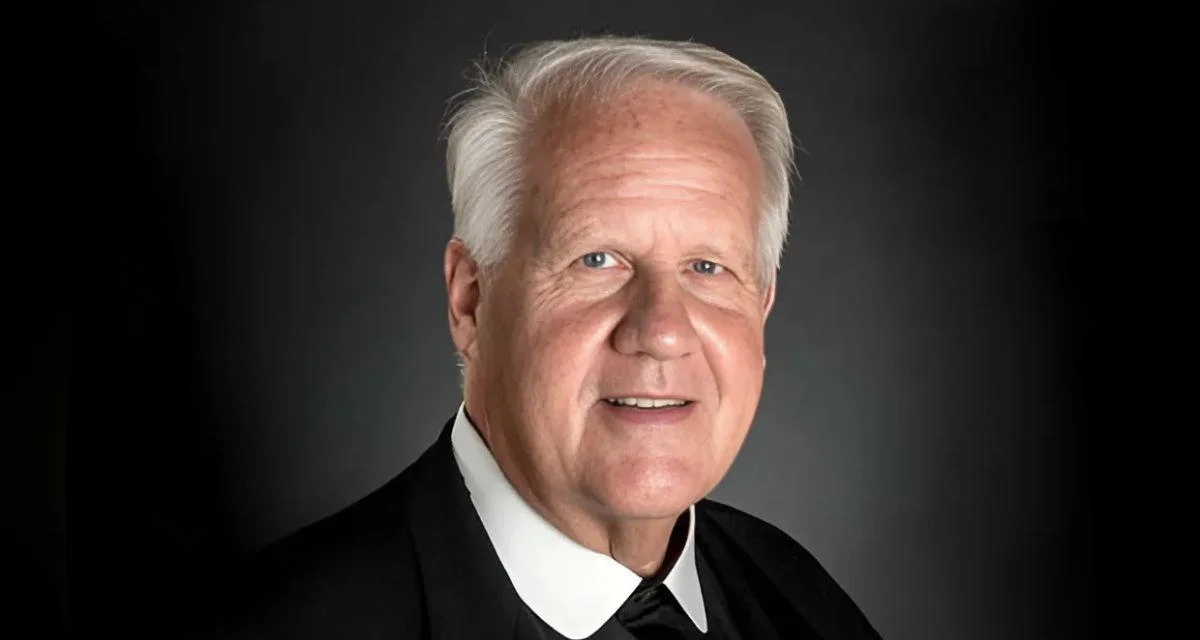
St. Monica Catholic Church reminds church members than technology can't replace traditional church services in person. | Pixabay
In a growing digital world, St. Monica Catholic Church in East Peoria, Illinois wants to remind parishioners that technology can't replace confession, according to a church bulletin.
"While the convenience or ease of online celebrations might be appealing for many reasons, at heart, we always want to keep in mind the fullness of the Church’s tradition and the meaning of the sacraments," the bulletin states.
It notes that this idea has been passed around for several years.
"The question of whether or not Catholics can celebrate the Sacrament of Reconciliation virtually (via social media, by phone or in some other way) is a question that has actually been around for several years," the bulletin states. "The recent COVID-19 pandemic brought the question back in a new way, especially as many parishes were forced to introduce a sort of 'social distanced' confession, with the sacrament being celebrated outdoors."
The bulletin states that there are several things to consider when it comes to having confession in a non-traditional sense.
"In reflecting on this question, however, there are a couple points that we want to keep in mind," the bulletin states. "First, as the Code of Canon Law observes in different places, the faithful have a right to the sacraments of the Church and the Church’s ministers have a responsibility to make them accessible. At the same time, however, we always have to be sure that we respect the nature of the sacraments themselves."
The bulletin notes that modern forms of communication and technology have helped churches in many ways, like its work on evangelization catechesis. It urges that virtual church-related things can sometimes be helpful but they are not a substitute for the real deal.
"Although our encounters with others on the internet and via social media can be considered 'real' in one sense, in the sacraments we encounter Christ in a personal and ecclesial way," the church bulletin states. "It is never just a private experience but is always grounded in the life of the Church and this means that it must truly be personal, including the contact between the confessor and the penitent."



 Alerts Sign-up
Alerts Sign-up